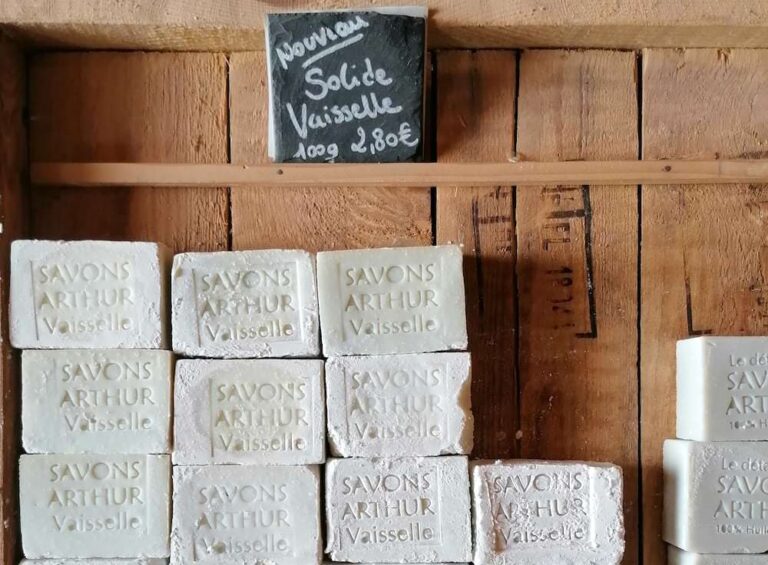plus pronunciation
In French, the word plus can have different meanings depending on whether the final “s” is pronounced or silent. This small pronunciation change can alter the sense of a sentence significantly. When the “s” is pronounced (plus) When the final “s” in plus is pronounced, it generally means “more” or is used in mathematical addition….



